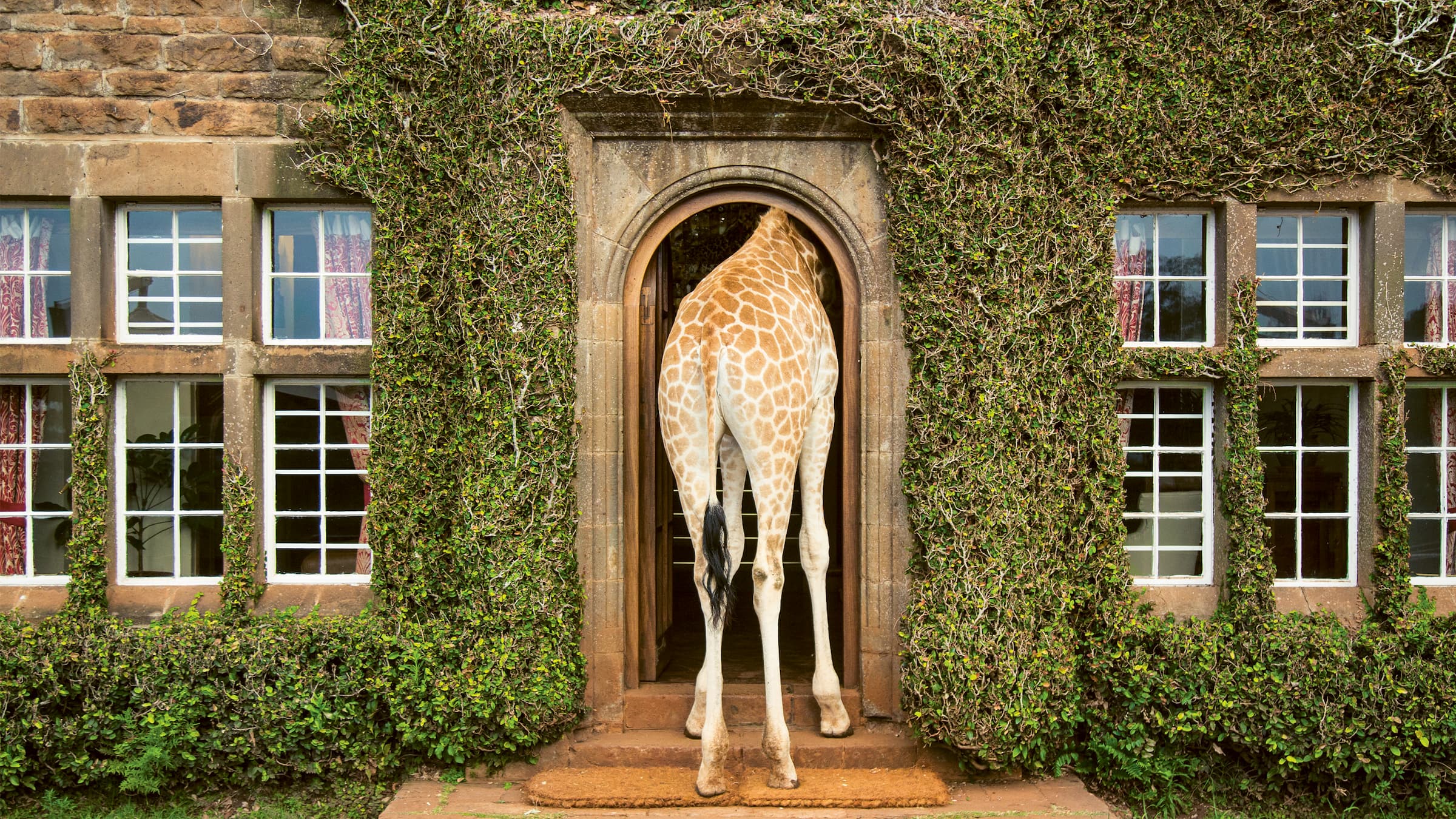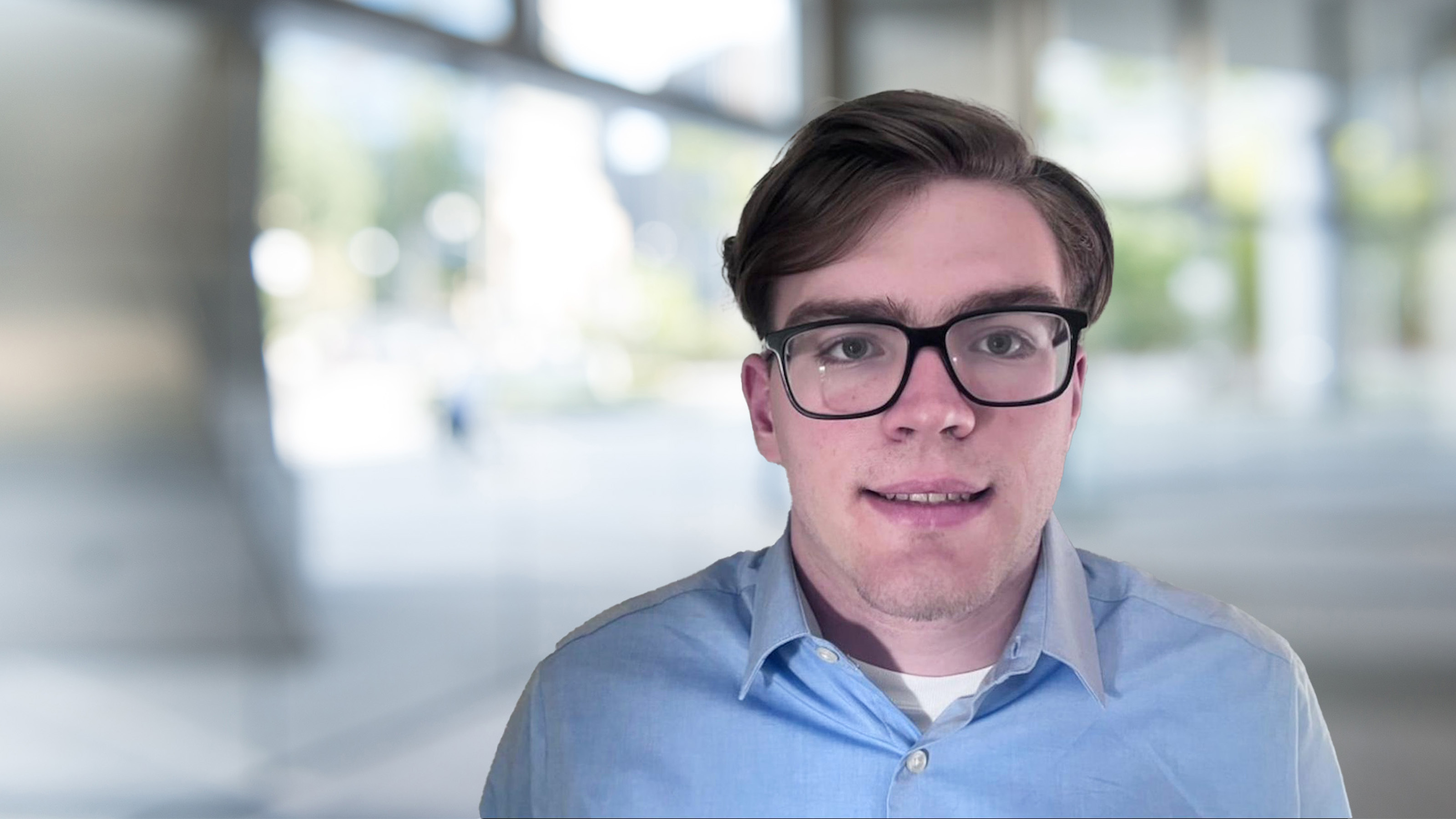Through Service and Faculty Support, Student from Bangladesh Finds Community on Hawk Hill
Refatun Momo ’20, who moved to the United States not speaking any English and began applying to colleges two years later, says her St. Joe’s experience emphasized the importance of service and inspired her to pursue medical school.
 Refatun Momo '20
Refatun Momo '20
KEYS TO THE ARTICLE
- Refatun Momo immigrated to the United States from Bangladesh, where she learned English and was accepted at Saint Joseph’s within two years.
- She took advantage of the University’s service opportunities and participated in service-learning classes and Summer Scholars research.
- Momo plans to go to medical school to become a doctor, and to hopefully return to Bangladesh to build free hospitals for underprivileged women and children.
When Refatun Momo came to the United States from Bangladesh in 2014, she did not speak any English. Two years later, she had completed high school, and began applying to colleges.
“I applied to over 20 colleges,” says Momo ’20, who is affectionately referred to by her last name by friends and instructors on campus. “I toured a few schools and went to some open houses. But Saint Joseph’s just felt like home. The community is so welcoming. There is a lot of space to grow and learn here. The professors treat you like a person, not a number. They would show up during the weekend, outside of their office hours. They are always there to help when they know you’re struggling.”
One of St. Joe’s biggest attractions to Momo was the University’s value of service. “I live by the idea of giving it forward,” Momo explains. “Saint Joseph’s values align with mine. Service is a great way to give back to the community, to give to people in need.”
Momo, who earned a degree in interdisciplinary health services with a minor in faith-justice, has made service a focus of her time at the University. “I did service all four years of college, and two service programs in the summers. I went to Maine and Michigan for the SJU Collegiate Challenge, which is partnered with Habitat for Humanity. We went to Maine to help build a house for a family. And we went to Michigan to help with landscaping.”
“Momo truly lives the motto of ‘men and women for others,’” says Anne Green, Ph.D., an English professor. “She is authentic and sincere, and is a very giving person.”
Green taught Momo in two service-learning classes — Inside Out and Hospital Stories. “Hospital Stories is an English and service learning course. Students read accounts of illness, health, healing, death and dying,” Green explains. “Students also spend three hours per week in a clinic, nursing home or transitional home, performing service and interacting with patients from marginalized communities. In Momo’s class, students were able to interact with children at KenCrest.” KenCrest is a care home for infants and young children who are ready to be discharged from hospitals, but are unable to go home because their families cannot provide the skilled care they require. “Momo loved the class,” Green says. “She nicknamed the course ‘playing with babies.’”
“We were able to play with [them], hold them and have fun with them. We gave them the attention they wouldn’t normally get because there are so many babies,” Momo explains. “After a while, the kids knew when we were coming. They got to know us and became more friendly and playful.”
Green’s other service-learning class is Inside Out, a program where St. Joe's students visit incarcerated students – or ‘inside students’ – once a week at the Philadelphia Industrial Correctional Center. The students meet with the inside students to read and have discussions. “Many students are intimidated,” by entering the correctional center, says Green. “But after the first day, Momo knew everyone’s name and life story. She’s a people person, and it doesn’t matter who the person is. She talks to everyone. She is good at bringing people together. She was a great community builder.”
“I enjoyed interacting with the inside students,” Momo explains. “They made us feel so welcome and comfortable. We felt a strength and unity with them. It was one of the best programs Saint Joseph’s University has to offer.”
“Saint Joseph’s values align with mine. Service is a great way to give back to the community, to give to people in need.”
Refatun Momo '20
The summer before her senior year, Momo participated in the Summer Scholars program, where she worked on a research project with Jill Amitrani-Welsh, MSW, associate director of the Faith-Justice Institute. They focused on education disparities in schools in redlining areas. Redlining, a term coined by sociologist James McKnight in the 1960s, is a discriminatory practice where banks deny financial services to people and programs based on the demographics of the area. “These schools are not getting funding because of the property values where they are located,” Momo explains. “They have a lack of resources and experienced teachers.”
“Momo is very passionate about education equality,” says Welsh. “She wanted her work to be of benefit to high school students in Philadelphia. She volunteered with a city-wide database of community partner organizations through a partnership with After School Activities Partnerships (ASAP) and the City of Philadelphia.” ASAP engages Philadelphia youth in fun, enriching out-of-school time activities and experiences that develop critical academic, social and emotional skills through a combination of structured programming and informal play.
“Momo looks at her education as a privilege and recognizes her responsibility to share her education with those community members who may never get the privilege of a college education,” Welsh says. “She truly embodies what it means to receive a Jesuit education.”
Momo has plans to go on to medical school to become a doctor. Her dream is to build two free hospitals for the poor in Bangladesh, specifically for women and children, two populations that Momo feels are overlooked. “My goal is to take a team of doctors there and help the people,” she says. “It’s a dream I’ve had for a long time.”



